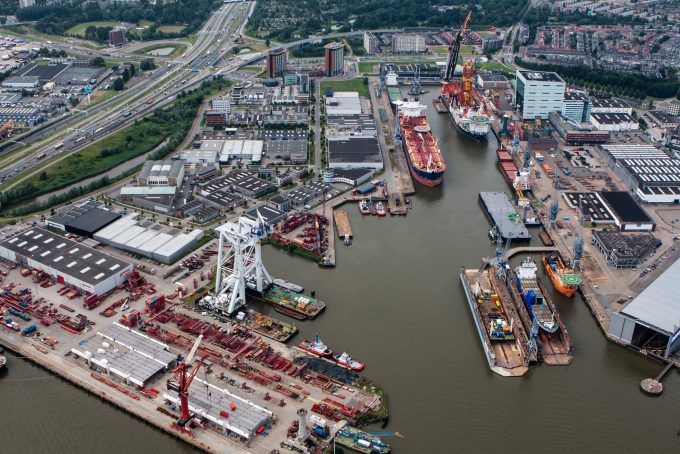Shippers need resilience as new regulations add to geopolitical pressures
Geopolitical threats may loom large, but pending changes to reporting requirements related to environmental and ...

Confusion over sanctions imposed against ~Russia has resulted in the delays to the delivery of humanitarian supplies.
The port of Rotterdam has blamed a refusal by box terminals and shipping lines to handle containers destined for Russia, while Antwerp’s port authority said it had scheduled meetings for next week to assess the operational impact of sanctions.
One industry source told The Loadstar: “I imagine this is happening because of the complexity of the sanctions. As they are changing often, transport operators are devoting more resources to ensure compliance.
“There may be indicators that point to risk of sanctions breaches, illegal routes for instance, but operators still need to investigate, and this takes resources. So, shippers, even the big ones, have simply stopped all shipments to Russia and this includes humanitarian shipments going to, or via, Belarus and Russia.”
Policy manager at the European Shippers’ Council (ESC) Rogier Spoel said he too had seen evidence of Russia-destined shipments being ditched by shippers and terminal operators.
He told The Loadstar: “These sanctions of course are very necessary, but they complicate customs checks. There is difficulty in finding the right process for handling Russian export containers in ports, and this is particularly the case with the stacking of different sanctions packages by the EC.
“Even carriers which made exceptions for humanitarian aid, medicines and food stuffs are not accepting any bookings. I understood from pharma and food stuff shippers, which are exempted, cannot book for Russia on the [online] platforms of the carriers.”
Shippers are therefore shifting mode to road freight, but here too there are concerns of delays. As evidence mounts of war crimes by Russian forces on the outskirts of Kyiv, there are expectations that Russian and Belarussian road freight operators may be sanctioned, and Mr Spoel said this would make a switch to haulage “increasingly difficult”.
Moreover, discussions in Poland and the Baltic states to seal borders with Belarus are expected to close routes to the two countries.
Supply chain issues predating the Russian invasion of Ukraine have only been exacerbated by the conflict, with substantive delays at border crossings for westbound trucks.
A source within road freight said while they were not sure how much of the congestion in European ports was linked to the war, they noted that ports remained congested and they saw no sign of backlogs clearing.
Although it has been mooted that the EU will look to ease some of the congestion between its borders and Ukraine through the waiving of permits and transit procedures.
Comment on this article